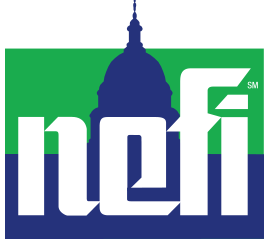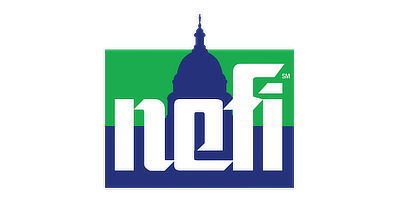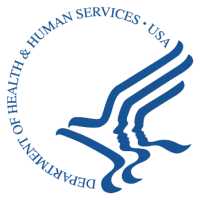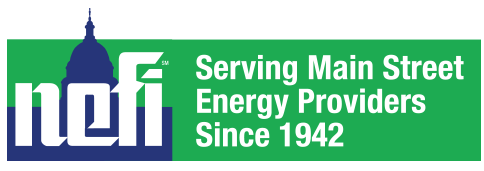U.S. Secretary of Health & Human Services Robert F. Kennedy, Jr. has eliminated all staff responsible for administering the federal Low-Income Home Energy Assistance Program (LIHEAP) as part of a broader restructuring that has cut approximately 20,000 jobs—25% of the department's workforce.
The employees were placed on administrative leave through June 2, 2025, after which they are expected to be terminated. Approximately $387 million in federal LIHEAP funding has yet to be released to states, and it remains unclear how disbursement will proceed without staff in place to administer the program. With the heating season nearly at an end, the impact should be minimal. However, the elimination of federal LIHEAP staff raises significant questions about the program's future.
LIHEAP, established during the Reagan Administration, has traditionally enjoyed robust bipartisan support in Congress. LIHEAP funds are distributed to state governments by HHS in the form of block grants each year. The states then administer the funds according to federal guidelines while having some flexibility in how they implement the program locally. The program assists nearly six million households annually, helping to prevent utility service disconnections while ensuring heating oil and propane dealers receive payment for deliveries that might otherwise become bad debt.
While NEFI has been a strong advocate for LIHEAP at the federal level, it has consistently pushed for reforms to improve efficiency and proper administration across the states. NEFI and its state association partners have long maintained that targeted fuel assistance for truly vulnerable households represents sound fiscal policy when properly implemented and steps are taken to prevent fraud and abuse.
Congressional response to the staff cuts has been swift and bipartisan. Senator Susan Collins (R-ME), a fiscal conservative and current Senate Appropriations Chair, joined with Democratic Senator Jack Reed (D-RI) to express concerns about program disruption (details here). In the House, Congressman Chris Pappas (D-NH-01) led 90 of his colleagues in a similar effort.
Many NEFI retail members participate in LIHEAP, serving thousands of vulnerable households each winter. Approximately 70% of recipient households include an elderly person, someone with disabilities (including combat veterans), or young children—making them particularly vulnerable to energy insecurity.
In response to congressional inquiries, HHS issued a memo suggesting the Administration for Children and Families – which includes the LIHEAP-administering Office of Community Services – is slated to be combined with the Administration for Community Living. However, the memo provided no details on how program administration would continue without dedicated staff.
NEFI is working with the National Energy & Utility Affordability Coalition (NEUAC) and other national heating fuel and utility industry associations to monitor developments. We have joined nearly one thousand other businesses and organizations in an open letter to Congress reaffirming support for the program. Members concerned about the future of LIHEAP might consider joining NEUAC by visiting www.neuac.org/membership.
For more information contact Liam Dotson, NEFI Manager of Government Affairs, at liam.dotson@nefi.com.

 Admin - 09:00 am -
April 10th, 2025
Admin - 09:00 am -
April 10th, 2025 







